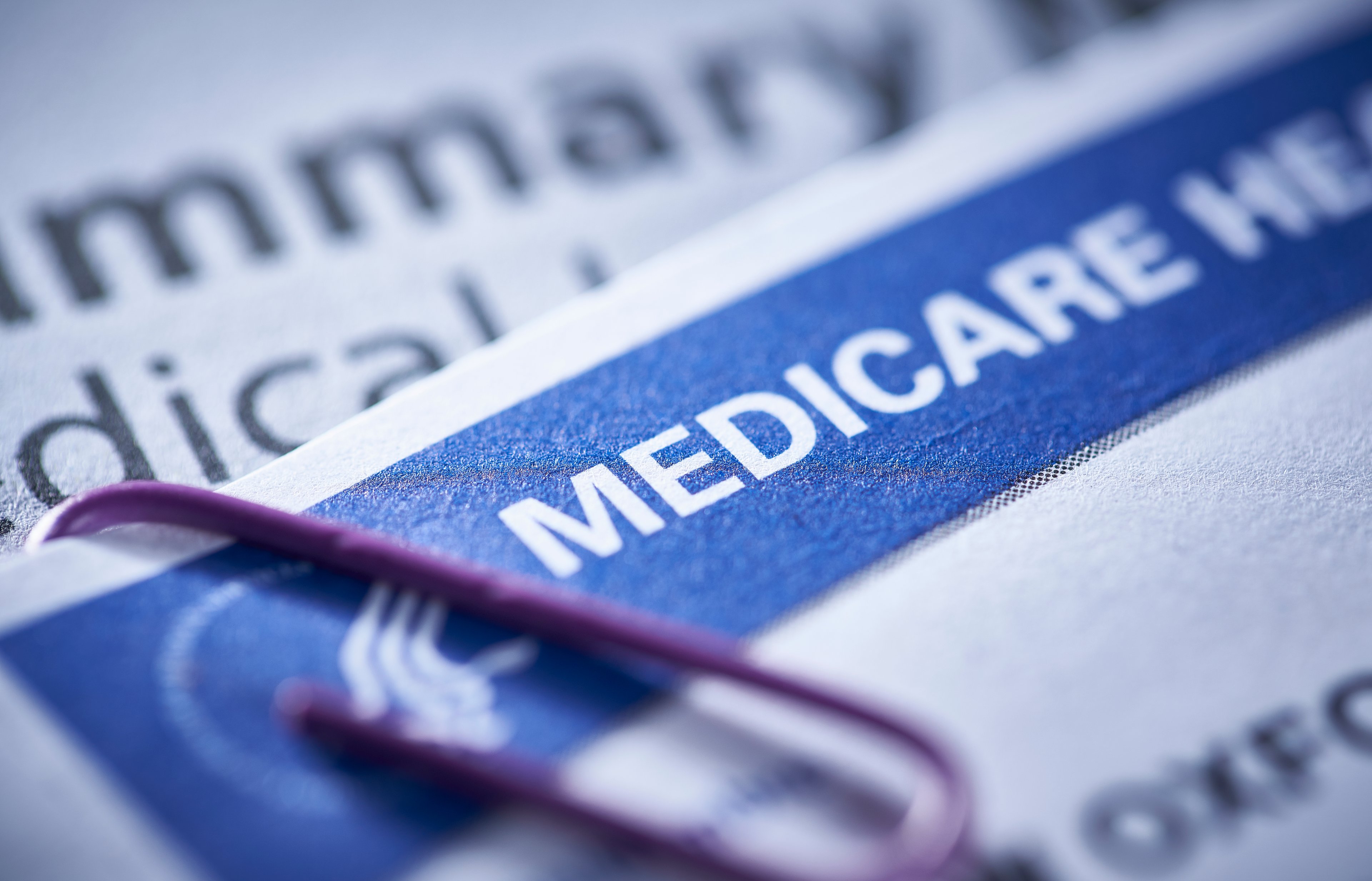The Coronavirus, Relief, and Economic Security Act (CARES Act) provides for most Americans to receive stimulus checks to help them cope with the disruption to the economy resulting from COVID-19.
If you're a retiree, you may be wondering whether you're included among the Americans getting this check and whether you have to do anything in order to receive it. Here's what you need to know.

Image source: Getty Images.
Most retirees will get checks -- depending on income
Age and income sources don't matter when it comes to determining if you'll get a stimulus check, so retirees weren't excluded from receiving this money. The key factor that determines if seniors will get a payment is whether they come under income limits set by the CARES Act.
Here what's you can expect if you file as single:
- If your income is under $75,000, you will get the full amount of the stimulus check. That's $1,200 per adult.
- If your income is above $75,000, you'll lose $5 of the money for each $100 over the limit. So if your income was $76,000, your check would be reduced to $1,150.
- If your income is above $99,000 and you don't have children, you will not get any stimulus funds.
And here's how it works if you file as married filing jointly:
- If your income is under $150,000, you'll receive the full amount, which is $2,400 per couple.
- If your income is above $150,000, you'll lose $5 for each $100 earned over the limit. So if your income was $151,000, your payment would go down to $2,350.
- If your income is above $198,000 and you don't have children, you won't get any stimulus money.
Regardless of whether you're single or married, you can also get an additional $500 check for each child dependent under 17. But if someone else claims you as a dependent, you cannot get a stimulus payment at all.
You likely don't have to do anything to get it -- but some retirees may need to
Most retirees won't have to do anything to get their money. The IRS will determine income and eligibility from 2018 or 2019 tax returns if you filed them, or from your Social Security benefit statement (your SSA-1099).
However, there are a few situations where you would need to reach out to the IRS to get a payment or make sure you receive the correct amount.
You'll need to do this if you have child dependents for whom you should receive stimulus money, but you didn't file a tax return in 2018 or 2019. If that's the case, the IRS won't know you have dependents, so you'll miss out on the $500 you're entitled to for each child you're supporting.
You also need to act if you just started receiving Social Security in 2020 and you didn't file a tax return in either 2018 or 2019. That's because the IRS won't have an SSA-1099 on file yet.
If you do need to provide information to the IRS to get your check, they've made it easy. You can go to their Economic Impacts Page and enter the necessary details to get your money. You also have the option of filing a 2019 tax return, but completing the forms on the Economic Impacts Page is much simpler if you don't otherwise need to file.
Make smart use of your stimulus check
If you're getting a coronavirus stimulus check, this money provides an opportunity to save for your future, to pay down debt, or to support local businesses during this time of need. When you get your money, be sure to make a smart choice about how to spend it.





